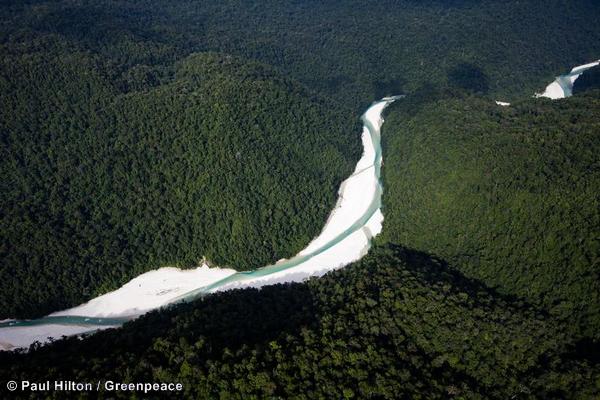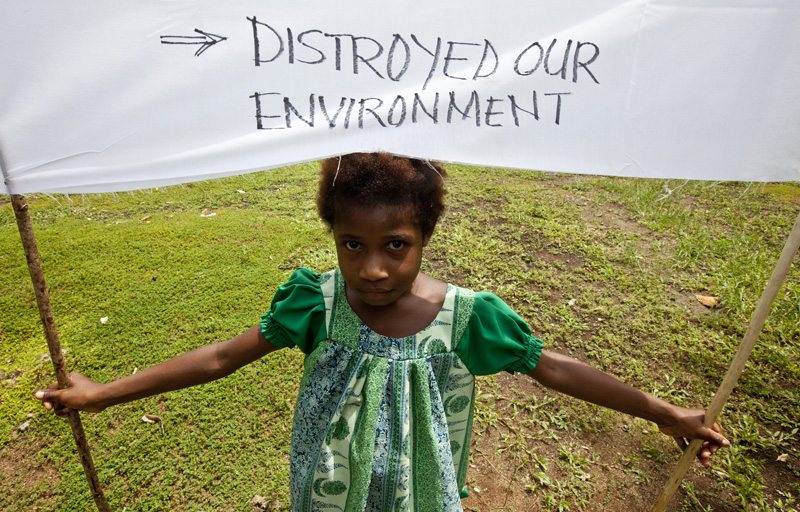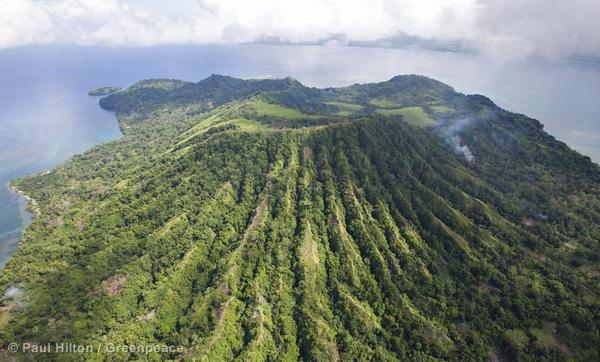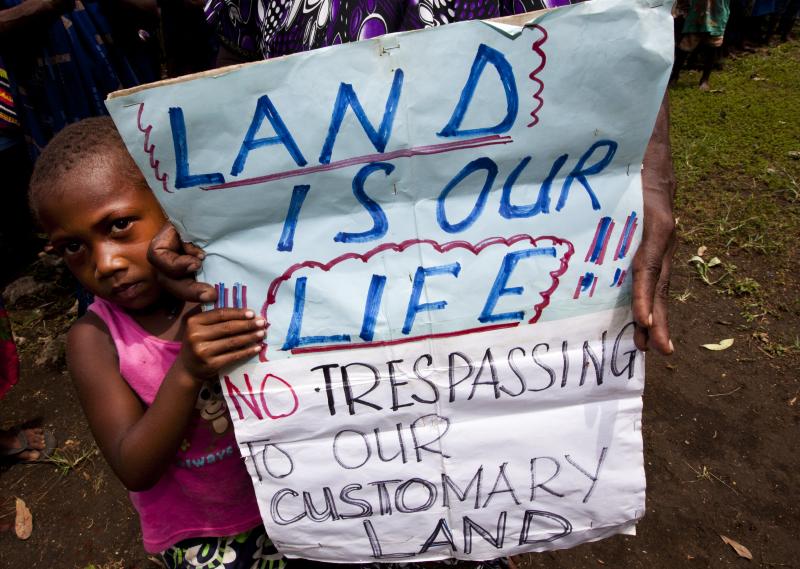Papua New Guinea is currently experiencing what may be the most brazenly illegal land grab since its colonial days. Foreign corporations—specifically, logging companies—are allegedly falsifying signatures, paying off police, and lying to the government about their intentions to cut down every tree in the country.
Originally posted on Act Now!
Blogpost by Hannah Brooks, VICE media, January 10, 2012

Almost all of PNG is held under customary title, meaning that the land is owned by indigenous peoples and is administered in accordance with their local customs. The government recently introduced a system of Special Agricultural and Business Leases (SABLs) designed to economically empower communities by allowing them to lease portions of their land to the government, which in turn is free to sublease it to agroforestry companies. Theoretically, with appropriate discretion and sensitivity, the situation should be win-win for everyone. Instead, it’s become a convenient way for the logging industry to bypass PNG’s strict environmental laws and destroy the forests that 80 percent of Papuans rely on for food, shelter, and income.

“What it’s turned into,” says Greenpeace’s Forest Campaign Team leader Paul Winn, “is a vast rort” (a total con job, for all the non-Australians out there).
The recent situation in the East New Britain district of Pomio is an example of how the con works. Using SABLs, more than 109,000 acres of land have been leased to a company called Gilford that claims to be building an oil-palm plantation. Gilford, however, is owned by the Malaysian logging company Rimbunan Hijau. While some villagers support the company’s presence, hoping it will bring much-needed money and infrastructure to the area, others claim that the land has been leased without their consent. Winn corroborated this claim, saying that many of the signatures on the lease belong to children, dead people, and villagers who never existed.
Those in Pomio who are opposed to the project have been using tactics like roadblocks and protests to express their frustrations and have recently been accused of assaulting plantation workers. In late October, a squad of policemen flew into the village. According to Greenpeace, the cops were visibly drunk, whipping passersby with fan belts and tree branches while locking others in shipping containers. Pomio assistant police commissioner Anton Billy confirmed that Rimbunan Hijau paid for the police’s flights and expenses, which, in an interview with Australia’s Australian Broadcasting Corporation (ABC), he acknowledged is standard practice in the region.

Liam Fox, an ABC correspondent familiar with the situation, said that while payments by corporations to police is common, “it raises all kinds of issues. How can police be objective and unbiased when they’re being paid by a logging company?” He added that Gilford’s claim of starting an oil-palm plantation was suspicious.
“There is a nursery up there with thousands of seedlings, but someone in the oil-palm industry told me that the soil type in the area is completely wrong for oil palm and that legitimate farmers wouldn’t touch this place with a barge poll.
PNG’s newly appointed government, headed by Prime Minister Peter O’Neill, seem to be addressing domestic and foreign concerns over the SABL system and corruption. A commission of inquiry was initiated, and 75 SABLs are being investigated to determine if they were fraudulently obtained. An embargo on new leases was lodged until the inquiry’s findings are handed down in March. That’s reason to be optimistic, but Fox isn’t cheerful about things: “Many of these SABLs are connected to and have been pushed along by members of parliament, who won’t be moving quickly to shut them down.
Winn agrees but has faith that Greenpeace and the protesting villagers will succeed.
ACT NOW: Sign the petition for a better PNG



